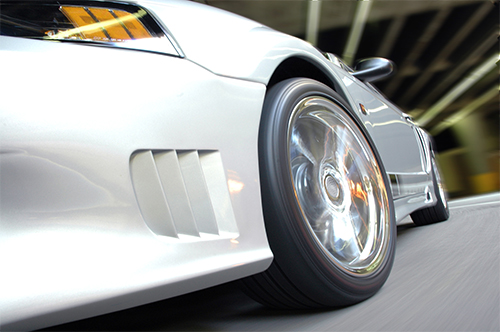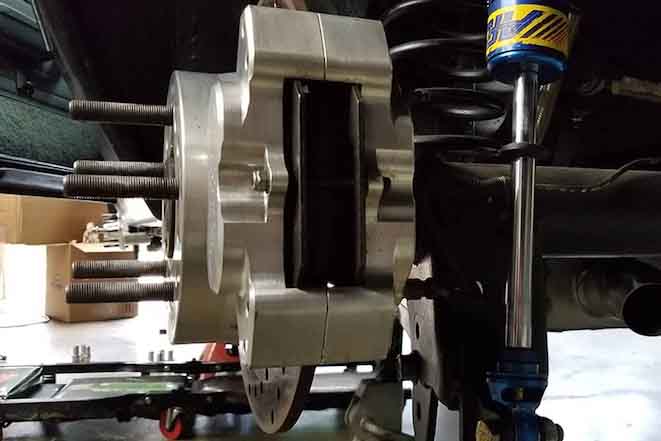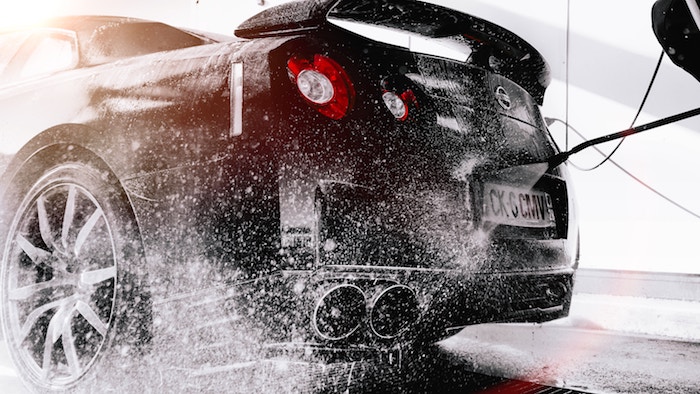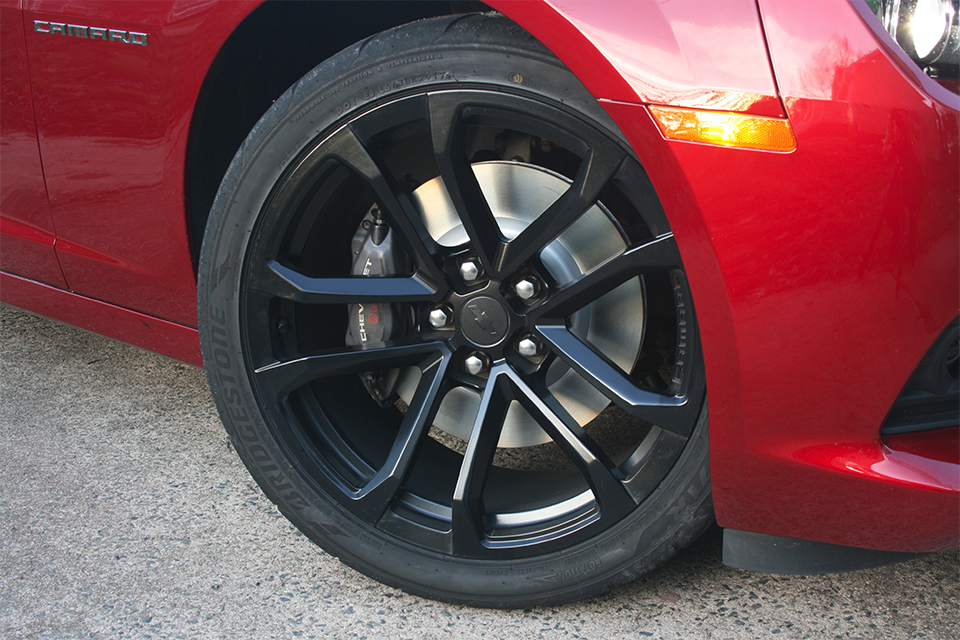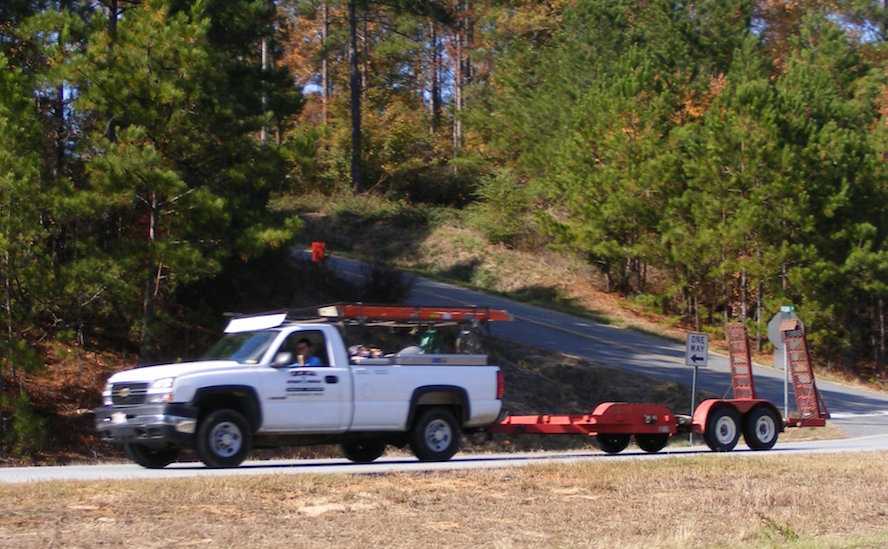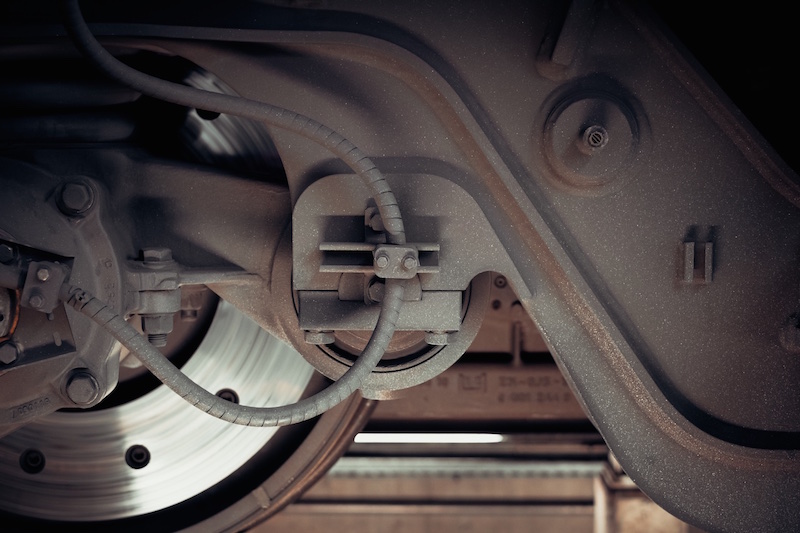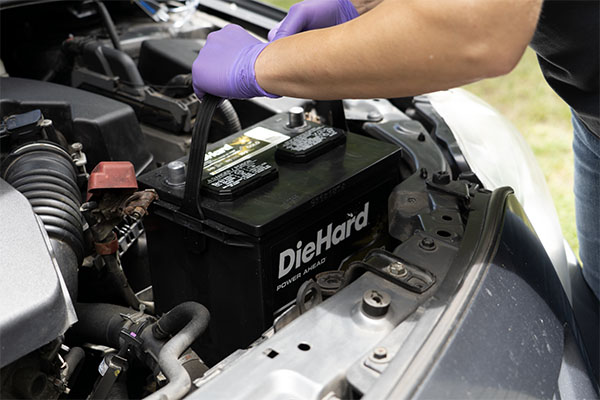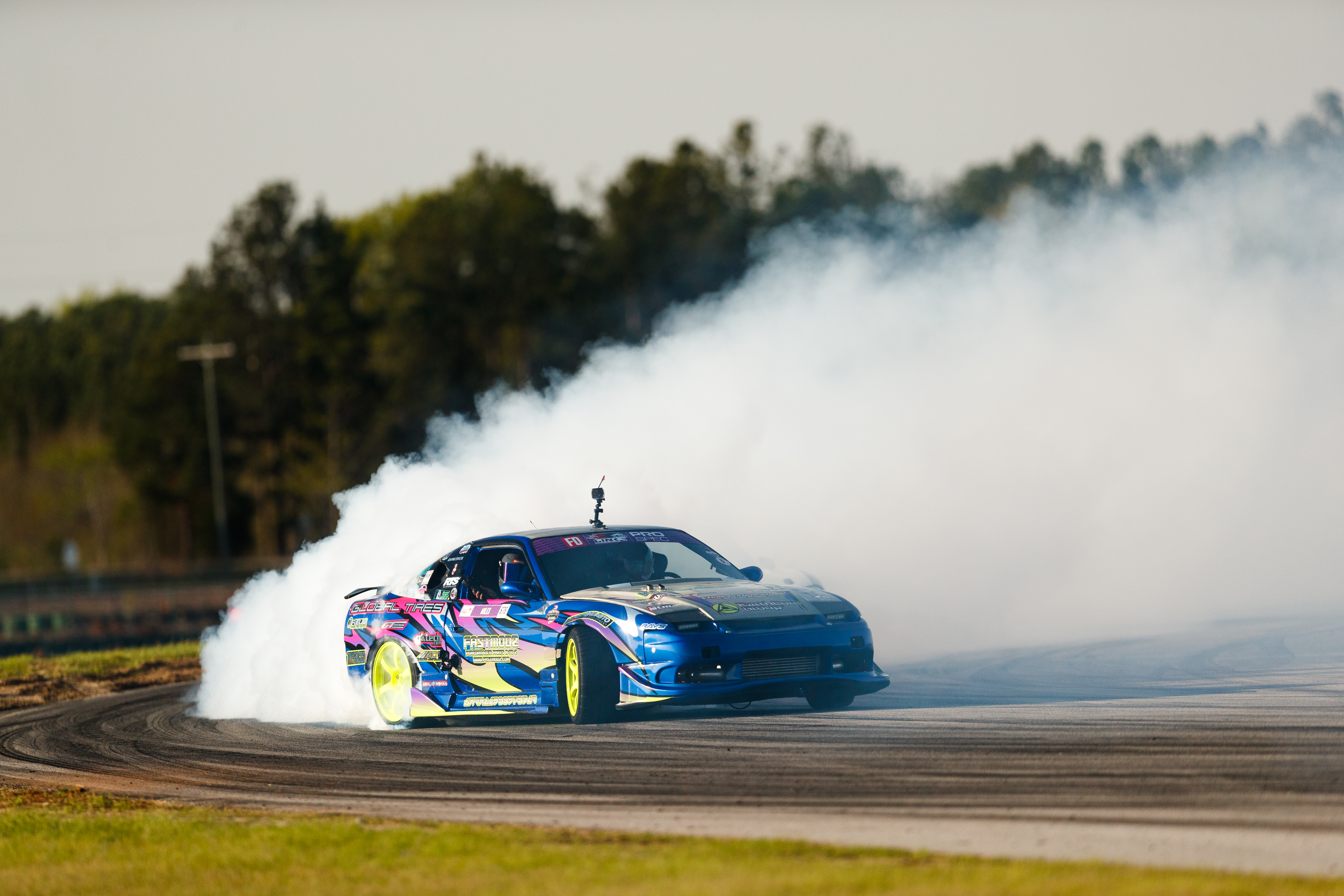
2020 Ford F350 | Ford
Even if you drive a Ford F-350, you probably don't think about your trailer or camper's brakes much. You can just head down the interstate and not think much about the several thousand pounds you're pulling. That is, until you're loaded up, headed down a steep grade, and things are getting squirrelly. Next time you need to tow, skip the blood pressure spike by first checking out and maintaining your braking system, and perhaps considering some upgrades.
Here's the issue
The modern pickup truck is super capable with a torque-monster of a V8, capable heavy duty suspension, and the ability to tow everything from your boat trailer, to the world's largest pizza, or even a space shuttle. Unfortunately brakes haven't kept up with engine technology. Factory brakes are fine when you're unloaded, but push that massive tow rating to its limit and the drive can get hairier than a lint roller at a dog show.
Stopping all that weight suddenly isn't so easy. Brakes work by friction, with the brake pad and rotor connecting to slow a vehicle down. A byproduct of that friction is heat. As the heat increases, the reaction between material components changes and reduces friction, and/or the brake fluid overheats creating a compressible and ineffective gas in the brake lines. This is why it's hugely important to maintain the braking system on your truck.
How electric brakes work
If you understand the basics of your truck's braking system, you'd probably initially think trailers can't have brakes. Your truck uses brake fluid in a hydraulic pressure system to generate the force needed to push the brake pads into contact with the rotors to slow you down. Looking over most trailers, you'd commonly see 7-, 10-, or 12-inch drum brakes, which while old-school, still normally need brake fluid to operate. Without running additional hydraulic brake lines to your trailer, how do trailer brakes work? In trailer brakes, electricity makes up for a lack of pneumatic pressure, similar to how modern electric steering racks use electrical power for physical actuation rather than hydraulic assistance from a power steering pump.
Let's use an example where you're towing a work trailer down a steep grade. You step on the truck's (or car's) brake pedal like normal to slow down. This sends a signal through a brake controller connected to your trailer's wiring. The brake controller sends an electrical signal that hits a magnet in the brake drum, causing it to magnetize and attract to the nearest metal surface. This then creates friction to push an arm that drives the brake shoes against the inside of the drums. It's a proven design, too, as electromagnetic brakes are good enough to stop modern locomotives. In an emergency situation, like when the trailer becomes disconnected while you're towing, the breakaway system detects the disconnect, and backup battery power automatically applies the brakes.
The positives here are no spilled fluids, low purchase price, and low brake dust. While drum brakes still see service in heavy duty commercial vehicles, they haven't seen much use in the front of passenger cars and trucks since the Vega was roaming the streets, and today are a rather rare sight even on the rear wheels. But all this brings up another good question: what's a brake controller?
A brake controller with a digital display of braking power percentage
How brake controllers work
A brake controller looks similar to a radar detector, but ideally leads to less panicked stops. It acts as an interpreter between the vehicle brake pedal and the brakes on the trailer by measuring how much you are pushing with your foot, and then transfers the appropriate signal to the trailer brakes to apply the right force.
There are two main types. Proportional brake controllers use an internal pendulum to get a reading of the amount of braking force needed. When you apply the vehicle's brakes and the pendulum swings forward, the controller senses the movement and knows how much proportional force is needed to get the trailer to stop evenly with the truck. Time-delay brake controllers deliver a pre-determined amount of brake force. The driver pre-sets the length of delay and amount of braking force based on the load weight. Each type of brake controller has pros and cons, with proportional offering less wear and tear on parts, and time-delayed controllers being cheaper and easier to set up. If you tow often, it's worth it for the proportional units.
Maintaining your trailer brakes
Before towing, take a few steps to make sure you can safely slow it all down. Check your brakes each time before you tow to make sure they stop the trailer, and check brake lights and turn signals work too. Experts recommend servicing trailer brakes, at a minimum, as often as you change out trailer tires, or no longer than 12 months/12,000 miles. Just like car drum brakes, you can have trailer drum brakes turned by a brake shop, but the service is getting harder to find, and it might be worth it to just replace the drums as needed.

Trailer brake upgrades
Some people can't leave anything alone and have to improve it. We like those people.
You can upgrade your trailer's braking to stop more effectively. GM recently tested upgraded Chevy Silverado/GMC Sierra braking ability by updating the trailer with the same modern brake system as the truck. The result was an impressive 40 foot reduction in stopping distance, using already available parts.
You might not be some nerd in a lab coat but that doesn't mean you can't complete some trailer brake upgrades of your own:
- Just like upgrading brake pads, you can upgrade the shoe material to a higher heat tolerance, which is more resistant to fade.
- Steel drums can sometimes be swapped for heat shedding aluminum ones.
- Run ducting to your brakes NASCAR-style to keep them cool.
- Consider swapping out the brake light bulbs for LEDs (Here's a look at how to swap interior LEDs).
Okay, that last one won't help you stop, but LEDs are brighter and last longer than bulbs. It's even possible to outfit your trailer with a tire pressure monitoring system, so you can maximize safety, fuel efficiency, and tire life.
Also take a look at better tires. Those black rubber donuts are the only contact the vehicle (ideally) has with the ground. Quality tires go a long way for grip, including braking performance. Plus, new tires gives you an excuse to throw some sweet new wheels on. You can go larger, lighter, and forged if your wallet is as swole as The Rock, or go with an attractive chromed steel if your budget starts to complain.
Like a car, you can also upgrade from drums to disc brakes using an electric-hydraulic upgrade kit. These work like your under faucet instant hot water heaters. Only when needed, electrical power operates a hydraulic pump in a small closed system to operate the trailer's disc brakes. The upgrade kits offer improved stopping power, fade resistance, and the ability to get new pads and rotors at anyconvenient location.
And we probably don't really need to tell you this, but always be sure to have a buddy check the turn signals, brake lights and running lights on the trailer before you hit the road. Of course you know this already, but just think for a minute how many trailers you see on the road that don't have any of those things working. You don't want to be that guy.
Got any advice when towing? How do you keep all that weight under control? Drop your advice in the comments below.

